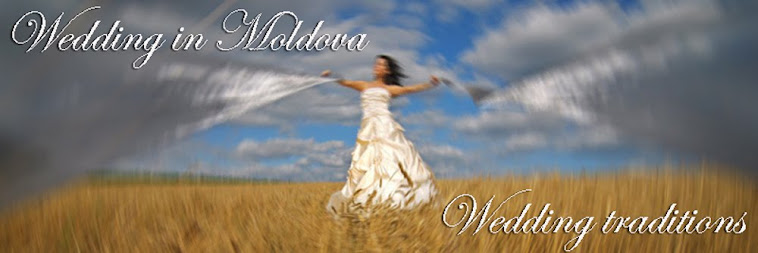The practice of weddings includes the moments when young people separate from their social groups. Additionally, there is the separation of the bride from her parents which is followed by her joining the bridegroom's family. Lastly, there is the union of the two young people and the integration of the bride into her new family. (Prior to the marriage is the betrothal which is followed by a long process of acceptance towards the prospective couple by the existing group of those who are already married.)
The wedding is a performance with well-established rituals. Poetry, song, dance and ceremonial costumes all have a detailed role in the wedding ceremony. This ceremony begins when the spokesman of the bridegroom comes to the bride's home to woo her. During this time, the best men go throughout the village inviting the relative and friends to the wedding. Then, before the closed gates guarded by the bride's relatives, the bridegroom's best man tells a story. It is the story of a young emperor who gathered a great army and went hunting. While hunting, he saw a fairy and sent his warriors to look for her. Following the fairy's trail, they arrive at the bride's house. They have been told that there is a certain flower in the garden. This flower cannot bear fruit because of the unsuitable soil in which it grows. The warriors came to pick the flower and plant it in the young emperor's garden. There, the soil was known to be good and provide the nutrients enabling the flower to bear fruit.
The dress and hairdressing of the bride is also important. She wears a ceremonial costume and flowers in her hair. In some parts of Moldova, the bridegroom must pass a test of cleverness. He must solve a series of riddles in order to prove that he is able to be part of the married community. The entrance of the bride into the community of married women is marked by a change of her hair style, and the covering of her head with a scarf. The scarf is a symbol of the married women. This ceremony is also accompanied by a song. Just as for a medieval meal, the wedding meal provides an opportunity for singing, dancing and listening to epic hero songs. Dance forms, especially for the young people, are an essential part of the wedding, as well as the birth ceremonies. One dance, called a "hora" marks the decisive moments of the ceremonial. It is a seal of the marriage contract. The above wedding ceremonials in Moldova last for three days. The final day ends with a "dance of masks."
Translation and interpretation services in Chisinau and Moldova
The wedding is a performance with well-established rituals. Poetry, song, dance and ceremonial costumes all have a detailed role in the wedding ceremony. This ceremony begins when the spokesman of the bridegroom comes to the bride's home to woo her. During this time, the best men go throughout the village inviting the relative and friends to the wedding. Then, before the closed gates guarded by the bride's relatives, the bridegroom's best man tells a story. It is the story of a young emperor who gathered a great army and went hunting. While hunting, he saw a fairy and sent his warriors to look for her. Following the fairy's trail, they arrive at the bride's house. They have been told that there is a certain flower in the garden. This flower cannot bear fruit because of the unsuitable soil in which it grows. The warriors came to pick the flower and plant it in the young emperor's garden. There, the soil was known to be good and provide the nutrients enabling the flower to bear fruit.
The dress and hairdressing of the bride is also important. She wears a ceremonial costume and flowers in her hair. In some parts of Moldova, the bridegroom must pass a test of cleverness. He must solve a series of riddles in order to prove that he is able to be part of the married community. The entrance of the bride into the community of married women is marked by a change of her hair style, and the covering of her head with a scarf. The scarf is a symbol of the married women. This ceremony is also accompanied by a song. Just as for a medieval meal, the wedding meal provides an opportunity for singing, dancing and listening to epic hero songs. Dance forms, especially for the young people, are an essential part of the wedding, as well as the birth ceremonies. One dance, called a "hora" marks the decisive moments of the ceremonial. It is a seal of the marriage contract. The above wedding ceremonials in Moldova last for three days. The final day ends with a "dance of masks."
Translation and interpretation services in Chisinau and Moldova


